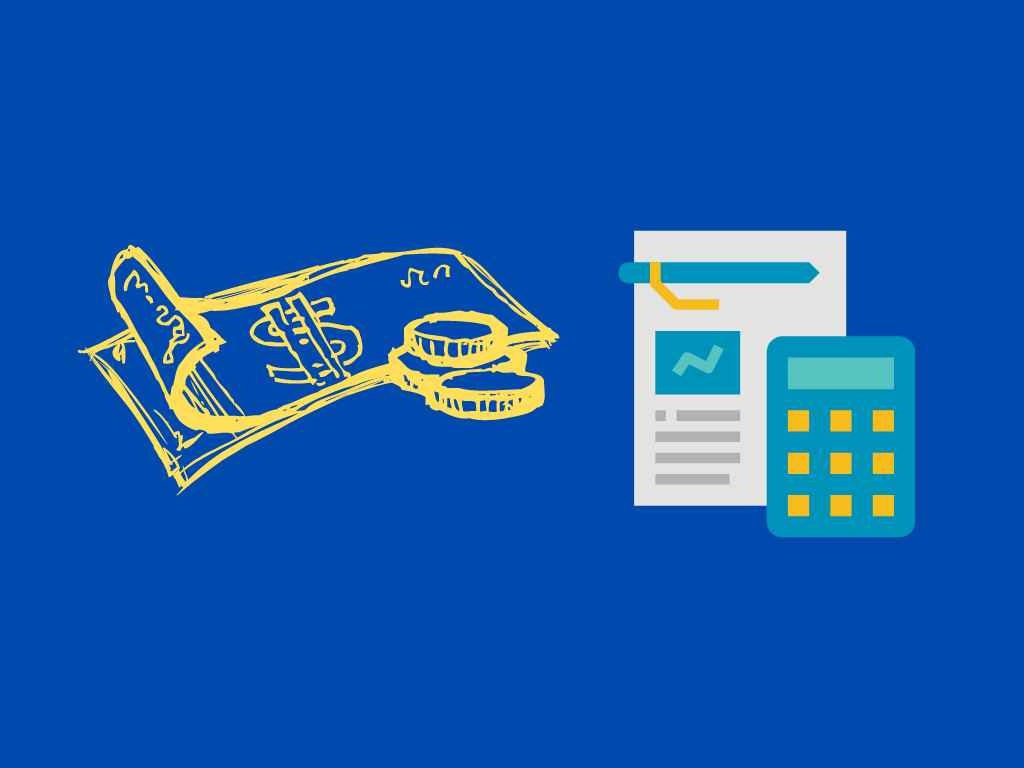What is a Deferral?
A deferral refers to the entries on a general ledger that reflect revenue and expenses incurred in a later accounting period. Deferred revenues are generated before the service or delivery of goods before a contract is completed, and the deferred expenses are paid for before receiving the full benefit in return.
What’s covered in the article
Deferrals, in effect, put off revenues and expenses. A deferral refers to an amount paid or received that cannot be reported on the income statement.
What is a Deferral in Accounting?
In accounting, the revenue or expense on an income statement should match the service or product at the same time when they are received or delivered. But when companies and businesses make payments in advance, accountants defer the expenses and revenue until they can be recorded on the financial statements.
Both accruals and deferrals can be broken down into revenues and expenses, although they are different. A revenue deferral acts as a liability to be recognized in future fiscal periods. This is done when the company has received the payment for a contract that has yet to be delivered.
Similarly, an expense deferral acts as an asset to be recognized in a later fiscal period when the performance obligation with a service or goods provider is satisfied. This is done when the payment has been made, but the related revenue has yet to be recognized.
Typical deferrals include:
- Insurance premiums.
- Subscription-based services.
- Property rent is paid in advance.
- Service contracts are where you pay earlier and receive the service later.
Why should you use Deferrals?
Deferrals reconcile and explain the time difference between cash flow and the recognition of the transaction in the income statement. This helps align a company’s books and financial statements more accurately, matching the service or goods with their related revenue. That is why deferrals are important for the company’s compliance with the IFRS and the GAAP.
Revenue and expense deferrals can significantly impact the financial statements, which are then used by the internal management and external stakeholders to make important business decisions.
A company should make sure that it defers the revenue it receives before delivering its product so that its statements show an accurate financial picture when everything is recorded and presented to the stakeholders for review.
In the same way, a firm’s accountant should ensure that the expenses paid in advance of receiving the product or service should be deferred. It shows the investor the right picture of the company’s finances.
Why are Deferrals Important?

The importance of deferrals stems from two very important accounting principles of accrual-based accounting methods: the revenue recognition principle and the matching principle.
The matching principle binds the companies and businesses to record expenses in the same accounting period as the revenues they are related. It ensures the matching of costs and expenses with income.
So, even if the company receives the goods later and recognizes the transaction on the financial statements only then, the advance payment released should be adjusted in the company’s general ledger to match the income.
The same applies to the revenue received by the company before it delivers the product or service. The promised services can be delivered any time soon, but the payment received in advance should be recorded as an adjusting entry in the deferral account.
The second important principle regarding deferral accounts is the revenue recognition principle. According to the FASB, IFRS 15, the revenue recognition principle, revenue should be recognized when earned or when the performance obligation is completed.
IFRS exactly states:
‘A performance obligation is satisfied by transferring a promised good or service to a customer (IFRS 15.31). A good or service is transferred to a customer when they obtain control of that asset.’
Deferral accounts refer to the adjusting entries for the money paid or the payment received, but the product or service is still in line. For instance, a company owns the cash received but has yet to cover the costs of completing the contract. The books will hence show a lot of capital but no expense incurred if the company accounts are not using deferrals. This can misguide a potential investor into believing that his money will also be safe with the company in the future, given the amount of revenue it owns.
Deferred accounts and deferred revenue let a company’s financial books show a better picture of the assets and liabilities to the customers, internal management, and external stakeholders. And that is why deferral accounts are very important for GAAP and IFRS compliance.
Accrual vs. Deferral: Main Differences
Accruals and deferrals are essential concepts in accrual accounting related to the timing discrepancies between the unearned revenue and the delivery of the product or service.
Accrued expenses have been incurred but not paid yet. Deferred expenses are the prepaid expenses yet to incur in a future period of accounting.
Similarly, accrued revenue accounts for an asset because the product or service has been provided, and the cash flow is yet to happen. On the other hand, revenue deferrals account for a product or service contract that has been paid in advance. The timing of both these payments is the exact opposite.
Here is a tabulated difference between the deferrals and accruals in accrual accounting:
| Deferrals | Accruals | |
| Accounting period of recognition | Pushed to a later period for recognition of transactions | Transactions are recognized in the financial statements of the current period |
| Timing of Cash Flow for Expenses | Cash flows out before the expense is incurred, or the received service contract completes | Cash flows out later. The expense is incurred in the books before the payment |
| Timing of Cash Flow for Revenue | Payment arrives before the customer owns the service or goods | Payment comes in after the goods or service has reached the customer |
| Effect on the accounts: Revenue | Increase in liabilities | Increase in assets |
| Effect on the accounts: Expenses | Increase in assets | Increase in liabilities |
Examples of Deferrals
A deferral can be a revenue or an expense. Following are some common examples of revenues and expenses that individuals and companies often defer:
Deferred Revenue
Example 1
A media company receives a $1000 payment for a yearly subscription to newspaper delivery from a customer. The company’s accountant makes a debit entry to the cash account and a credit entry of $1000 to the deferred revenue account.
The company sends the newspaper monthly and recognizes revenue of $83.3 in its monthly income statement. The deferred revenue is gradually booked so that by the end of the current period, the balance of the deferred revenue account is $0.
Example 2
A property owner receives the annual rent for a future fiscal period in advance. The capital in the cash account and the liability account will increase at the time of the payment. This will be accounted for as deferred revenue. It will slowly be recognized as earned revenue so that eventually, by the end of the year, the liability account will be empty.
Deferred Expense
Example 1
Insurance premiums are the most common example of expense deferral. For instance, a company pays for a year of insurance coverage. This amount will be a prepaid expense recognized as an asset on the balance sheet and appear in the expense deferrals account.
In six months, half of the payment will be recognized as the paid expense or cash outflow, and the rest will still be recorded as a receivable from the insurance company. The deferred expense account will be empty at the end of the period until the following advance payment occurs.
Example 2
Paying the office rent in advance is another common example of deferred expense. Every month, the entire payment is recognized on the statement of income until it is ‘used up.’ Such a large expense cannot be accounted for in a single-monthly accounting report since it won’t then match the income.
Deferred revenue and expenses ensure compliance with the legal and fiscal regulations for businesses and service providers. Deferrals, hence provide both transparency and accuracy to the accounts of an individual or a company. The knowledge and understanding of deferrals can help you stay aware and vigilant about the different types of accounts and the allocation of revenue and expenses in those accounts.
To learn more, visit the Akounto Blog and get all the knowledge about various topics related to finance, accounting and bookkeeping.











